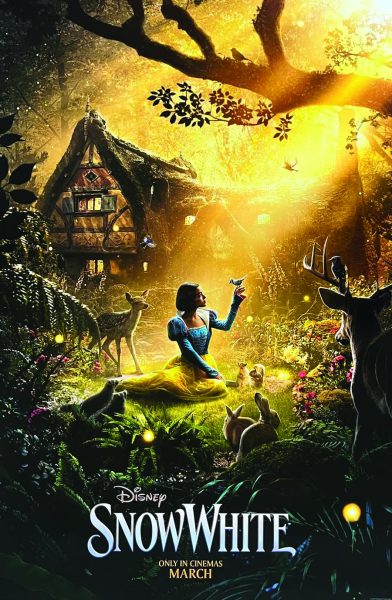Colorism: Enough is enough
Racism has always existed, but its insidious cousin, colorism, has become rampant––especially in African American communities.
Colorism is a form of discrimination in which people with lighter skin are favored over people with darker skin. This is not a new phenomenon. During the Antebellum Era, many slave owners raped their slaves, leading to a generation of people with lighter skin. African Americans of a lighter skin tone could shed their entire identities by changing their name, moving away and starting a new life, as if they were switching out a deck of cards. African Americans soon realized the privileges of being light skinned and some began “passing” as members of a different race.
This problem only worsened over time. Starting in 1900, a “test” was invented called the paper bag test. If someone had the same or lighter skin tone than a paper bag, they would be allowed into certain places or considered for hire at more establishments. If you were darker than the paper bag, you would be turned away. A cheap piece of paper arbitrarily determined your race, your success, your future––but the absurd practice was only physically left in the past.
In the media, fan-favorite shows and movies subtly maintain a paper bag test via characterizations and casting. Dark-skinned women on television are often portrayed as argumentative, lazy, the “baby mama” or the sidekick who hangs out with her light-skinned friend. This friend is portrayed as conventionally pretty, shy and deserving of luxury. In today’s society, colorism is widespread yet still not talked about.
This form of discrimination holds us back. A 2006 study from the University of Georgia found that a light-skinned Black man with a bachelor’s degree and typical work experience had a greater chance of being hired over a dark-skinned Black man with an MBA and past managerial positions. A 2004 study by Cornell Law Library revealed that dark-skinned defendants are more likely to be convicted and receive the death penalty than light-skinned ones.
How do we move forward as a society when we are the ones continuing to push this discrimination upon each other?
While we may not be able to put an end to it, we can start the conversation. At the University of New Haven, classes such as “Race, Gender and Class in the Media” cultivate these conversations. Recognized Student Organizations on campus such as the Black Student Union, Caribbean Student Association and NAACP hold meetings and events that bring these topics to light.
It starts with a conversation, and that conversation can start with you.









